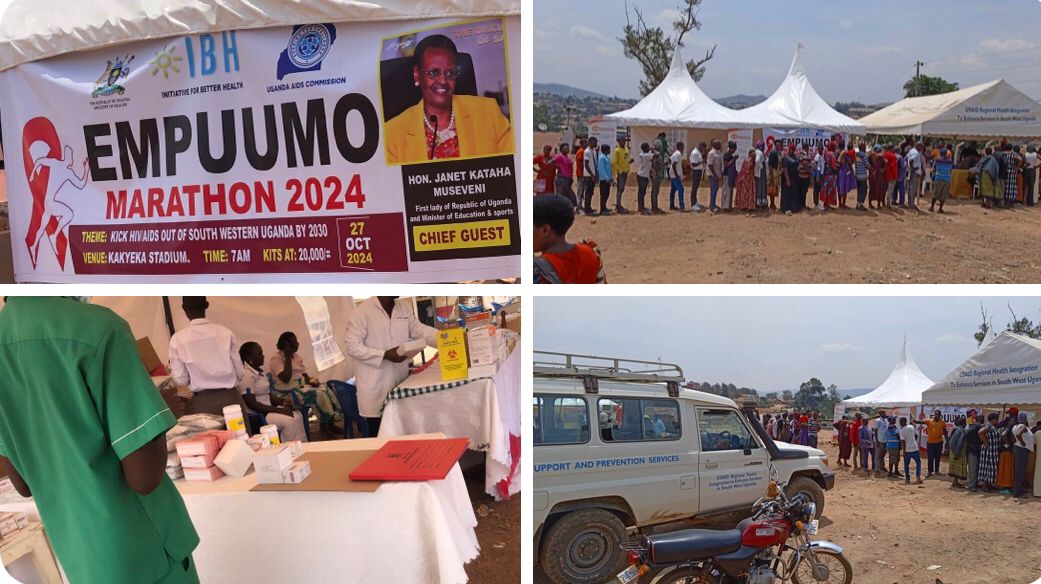Uganda has confirmed two new cases of Monkeypox, also known as Mpox, in Kasese District. The Ministry of Health announced the confirmation on Friday, August 2, following testing by the Uganda Virus Research Institute (UVRI).
The two cases were identified among six suspected cases detected at Bwera border in Kasese District. The infected individuals include a 37-year-old woman from Mpondwe Lhubiriha Town Council and a 22-year-old Congolese woman from Bunyiswa II village, Bwera sub-county. Both patients exhibited symptoms such as skin rashes, swollen lymph nodes, and general malaise consistent with Mpox.
According to the Ministry of Health, the samples were tested and confirmed as Mpox on July 24, 2024. The cases were imported from the Democratic Republic of Congo (DRC), where Mpox has been reported in nearly all provinces, including the latest outbreak in North Kivu, specifically in Goma.
The Ministry has stated that no local transmission of the virus has occurred in Uganda. There have been no secondary cases linked to these two imported cases. A rapid response team has been sent to Kasese District to collaborate with local teams to manage and control the situation.
Currently, nine contacts of the confirmed cases are being monitored. Uganda continues to keep a close watch on the situation in the DRC to prevent further spread of the virus.
Mpox, or Monkeypox, is a viral disease caused by the monkeypox virus, which is related to smallpox. It spreads through physical contact with an infected person, contaminated materials, or infected animals.




















